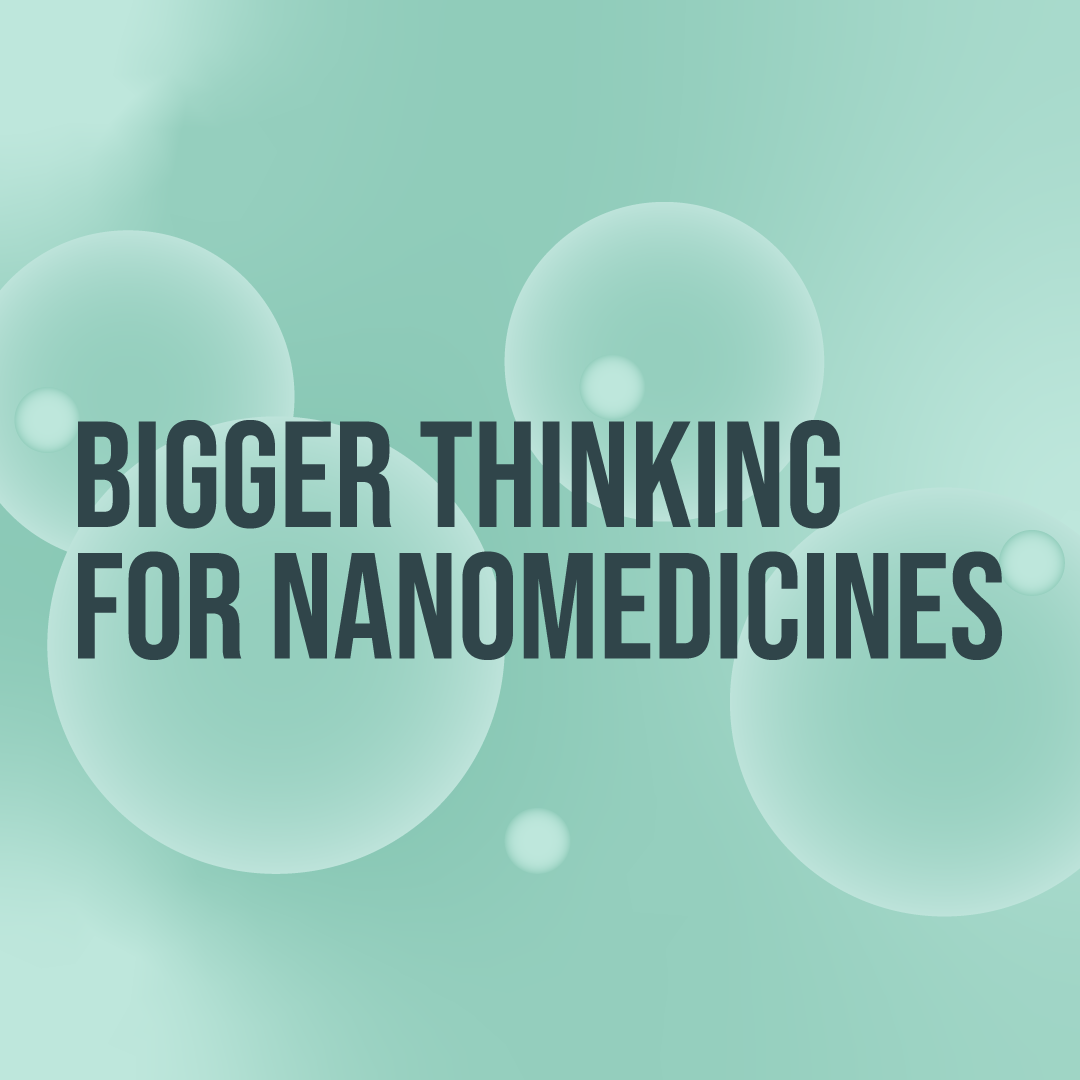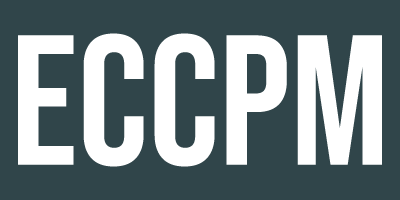
Gattefossé, InProcess-LSP, Knauer, Microfluidics, Skyepharma, and the University of Graz join the RCPE-led European Consortium for Continuous Pharmaceutical Manufacturing (ECCPM) to jointly develop a modular, flexible toolkit to advance industrial-scale production of lipid nanoparticles.
The ECCPM, founded and led by the Research Center Pharmaceutical Engineering (RCPE), announces the establishment of NanoFacT, a joint-research consortium addressing the challenging scale-up of manufacturing processes for nanoparticle formulations. Throughout the next 36 months, the consortium will generate and disseminate fundamental knowledge by converging industry-leading capabilities in (pharmaceutical) engineering, material science, and innovative process analytical technologies to create a flexible, modular toolkit and manufacturing platform.
Over the past decades, nanomedicines and nanoparticles have emerged as promising therapeutic/diagnostic agents and powerful drug delivery tools. Still, the complexity of manufacturing processes has inevitably limited their actual impact. “We manufacture nanopharmaceuticals in time-consuming, difficult-to-control batch processes,” said Prof. Dr. Eva Roblegg, Key Researcher for NanoFacT, “The need to integrate previously isolated unit operations into seamless, GMP-compliant platforms is evident. Even more so, it is a prerequisite to keep pace with medical progress and provide patients with the best possible treatment.” The principal lack of understanding of process parameters and material attributes has made the transition from successful lab-scale synthesis to industrial-relevant production environments unnecessarily challenging.
The consortium partners aim to develop scalable and versatile continuous manufacturing platforms for nanopharmaceuticals. “We’re essentially enriching proven solutions with advanced analytical technologies and a rational, science-based approach to process and product design,” explains Dr. Carolin Tetyczka, one of NanoFacT’s Project Leaders. These new production platforms will allow the exact adjustment and monitoring of physicochemical properties, achieving better product quality with faster product release with beneficial process economics. Individual GMP-compliant and scalable processes (i.e., (high) shear mixing, Microfluidizer® Processing, and impingement jet mixing) will be equipped with process analytical technologies, such as spatially resolved dynamic light scattering (SR-DLS) for inline particle size measurement, electrophoretic light scattering for zeta potential monitoring, inline viscosity measurements, and spectroscopic methods to ensure drug encapsulation and achieve product and process monitoring. We will attempt to link and centralize the control logic of individual units (e.g., pumps, actuators, and PAT tools). In addition, multidisciplinary approaches of Quality by Design (QbD) to determine process- and product-critical parameters will be established. Suitable individual processes will then be linked to create a proof-of-concept prototype of a flexible continuous production line at laboratory scale.
ABOUT ECCPM:
ECCPM was founded to address the challenges of transferring continuous manufacturing (CM) concepts from R&D to production scale. The consortium serves as a platform for companies and academic institutions to share knowledge and best practices and develop a collective vision of CM. We do this through regular, pre-competitive workshops and forums where we address the challenges we face when implementing new processes or developing new products.

